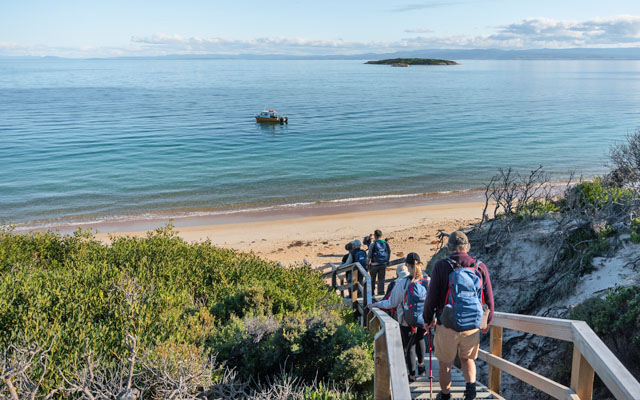Indonesia has extended tax relief for tourism workers beyond Jakarta to the rest of the country.
The relief, available until the end of 2025, shifts personal income tax payments to the state, allowing employees to retain more of their salaries while easing hotel cashflow. It applies to staff earning up to US$610 dollars per month and will run from October to December 2025.

Airlangga Hartarto, coordinating minister for economic affairs, said the measure was aimed at easing pressure on hotels while protecting workers’ income as the industry adjusts to weaker demand.
“Tourism is still under strain, and this relief is meant to help sustain purchasing power while businesses manage through a fragile recovery,” he added.
Although industry players welcomed the tax relief, many remain cautious about how much impact it could deliver. The Indonesian Hotel and Restaurant Association (IHRA) reported that national hotel occupancy slipped 3.5 per cent in 1H2025 and has yet to recover in the following months.
Lower demand has translated into weaker income for staff, as hotels rely heavily on service charges to supplement wages.
“When occupancy falls, service charges disappear. Many staff are left earning only minimum wage, which already falls below the taxable threshold. For most employees, the relief does not really apply,” noted IHRA secretary general Maulana Yusran.
Dody Ahmad Sofiandi, IHRA chairman chapter West Java, said the policy largely benefits senior staff at high-end properties. “At present, the relief is mainly felt in five-star hotels where salaries exceed the taxable limit. For four-star hotels and below, it is usually only department heads who qualify,” he explained.
Dody stated that the value of the incentive remains modest compared with the earnings staff lost from service charges, which have largely disappeared.
Andhy Irawan, CEO of Mora Group, said the industry would benefit more from policies that drive demand than from temporary tax breaks. “Hotels need a replacement market, and international travellers can provide that,” he said.
He proposed reallocating state funds toward destination marketing to help revive secondary cities still struggling with low occupancy.
“Fiscal relief only scratches the surface. Without sustainable demand, hotels will continue to struggle. A stronger push for inbound tourism would offer the sector a lifeline that lasts beyond the current incentive,” added Andhy.

















